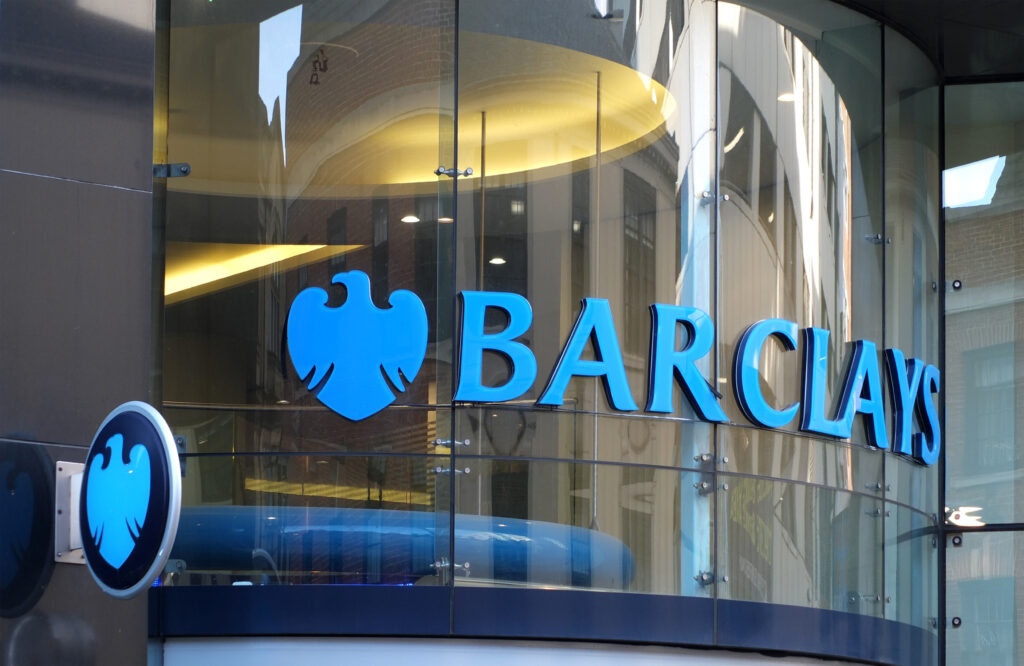
Key Takeaways:
- Barclays will block cryptocurrency purchases using credit cards starting Friday due to concerns over debt risks and lack of investor protections.
- The UK’s FCA is reviewing whether stricter rules should limit crypto buys on credit, prompting industry pushback against a blanket ban.
- Critics argue consumers should retain the right to buy crypto within set credit limits, as credit cards are often the only option after cash restrictions.
Barclays will begin blocking cryptocurrency purchases made with its credit cards starting this Friday, citing concerns over market volatility and limited consumer protections.
The bank warned that falling crypto prices could leave customers in unmanageable debt and noted that crypto assets aren’t covered by the UK’s Financial Ombudsman Service or Compensation Scheme.
🔥HOT: BARCLAYS BANS CUSTOMER CARD SPENDING ON CRYPTO
— Coin Bureau (@coinbureau) June 25, 2025
Barclays just dropped $131M on BlackRock’s #Bitcoin ETF. But, bans customers from using credit cards to buy crypto.💳
Retail blocked. Institutions stack.💹 pic.twitter.com/UpSDJZFm1E
This marks a shift from Barclays’ previous stance, as it has allowed such transactions since at least 2018.
The move aligns with a broader regulatory debate in the UK about the risks of using borrowed funds for crypto purchases.
On May 2, the Financial Conduct Authority (FCA) released a consultation paper exploring stricter rules for credit-based crypto transactions.
In response, the Payments Association opposed a full ban, arguing that equating crypto to gambling is unfair and that consumers should retain the right to make informed financial decisions.
The group emphasized that safeguards – such as credit limits and restrictions on high-risk transactions – are already in place.
Financial experts also noted that credit card crypto purchases often incur extra costs, as they may be treated as cash advances, resulting in higher fees and interest rates.
Barclays’ decision reflects increasing caution from financial institutions amid regulatory uncertainty and market instability.

